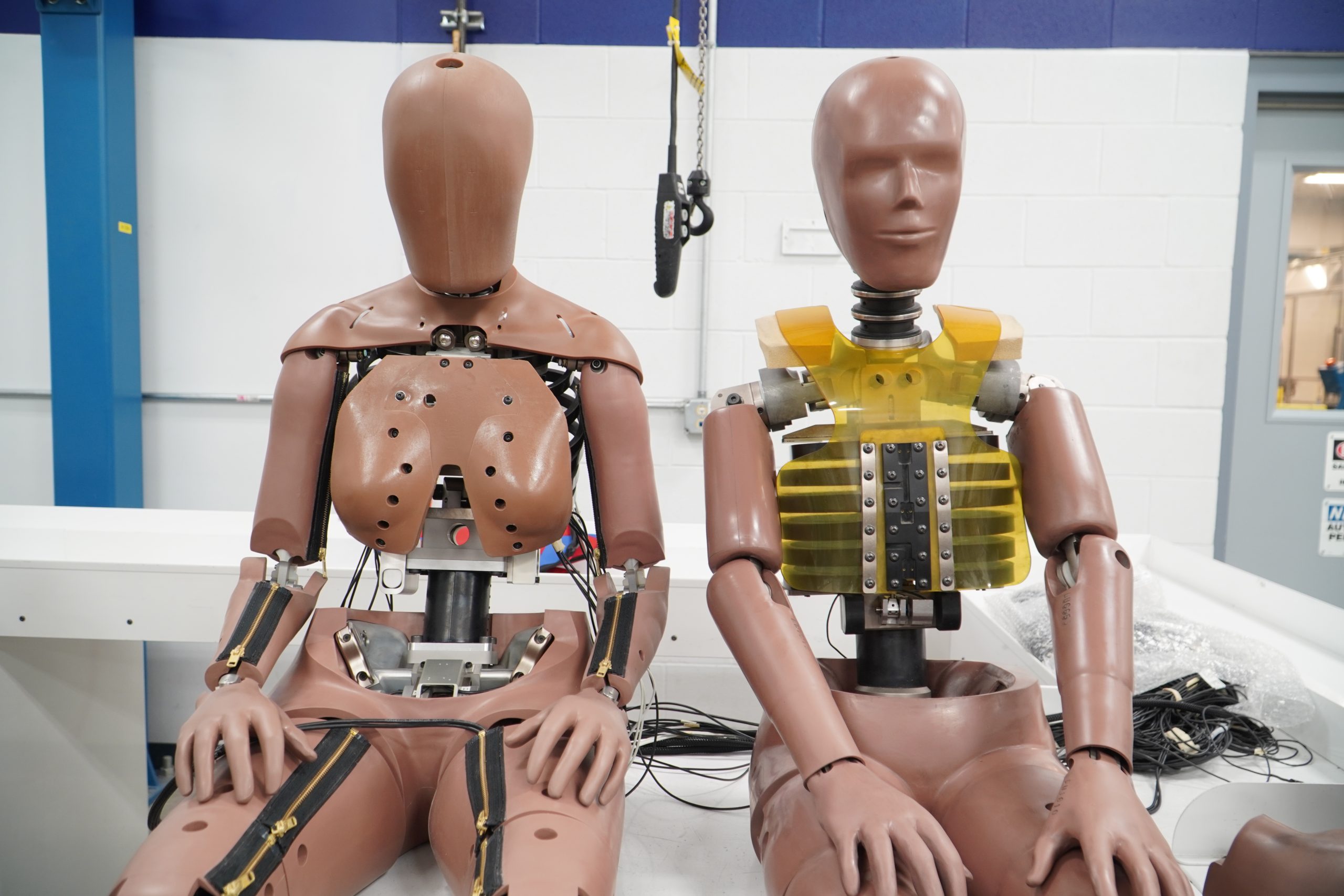What if treating burn wounds and surgical injuries was as simple as operating a water gun? Well, that might soon be the reality after an Israeli startup company invented a mechanical contraption shaped like a children’s toy that squirts a polymer material that mimics skin onto the burn or wound in order to treat it. All one needs to do is aim, squeeze the two triggers, and fire off a polymer material that attaches to the skin, acting as “second skin”.
The spray method avoids any need to come into direct contact with the wound. In that sense, it completely sidesteps painful routine bandage dressings. The transient skin then fully develops into a secure physical barrier with tough adherence. Once new skin is regenerated, usually between two to three weeks (depending on the individual’s heal time), the layer naturally peels off. More importantly, by fully encasing the wound—and forgoing dressings—it drastically inhibits potential infections.
Open injuries have a high risk of serious bacterial wound infections, which can lead to long-term disabilities, chronic wounds, and even death. This is especially relevant during disasters or public emergencies in which large populations overwhelm hospitals and trauma care capacity, according to the World Health Organization. And because the medical device is quick and portable, it could become a key tool for treating patients en masse.











